
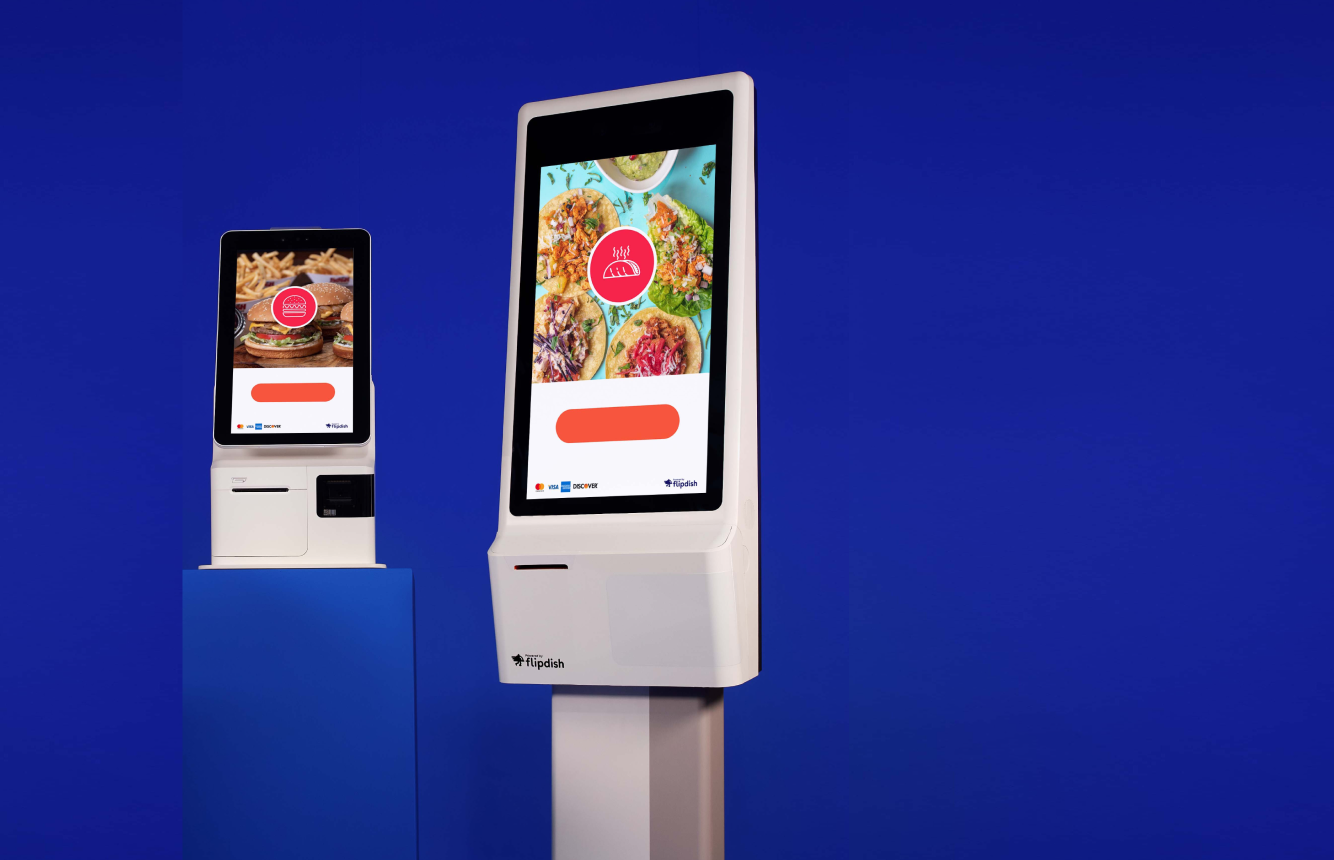
Customized Kiosk
Fabrication of custom kiosks is a specialized process that involves designing, building, and assembling self-contained structures or booths tailored to specific business or service requirements. These kiosks can serve various functions, such as information dissemination, retail, ticketing, food service, and more. Here's an overview of the fabrication process for custom kiosks:

Concept and Design
The process typically begins with a thorough understanding of the client's needs and objectives. Designers work closely with the client to create a concept and design that aligns with the intended purpose of the kiosk.

Materials Selection
The choice of materials is crucial and depends on factors like durability, aesthetics, budget, and environmental conditions. Common materials include metal (such as aluminum or steel), wood, glass, acrylic, and composite materials.

Structural Engineering
Custom kiosks need to be structurally sound, especially if they are designed for outdoor or high-traffic environments. Engineers ensure that the kiosk's framework can withstand various conditions.
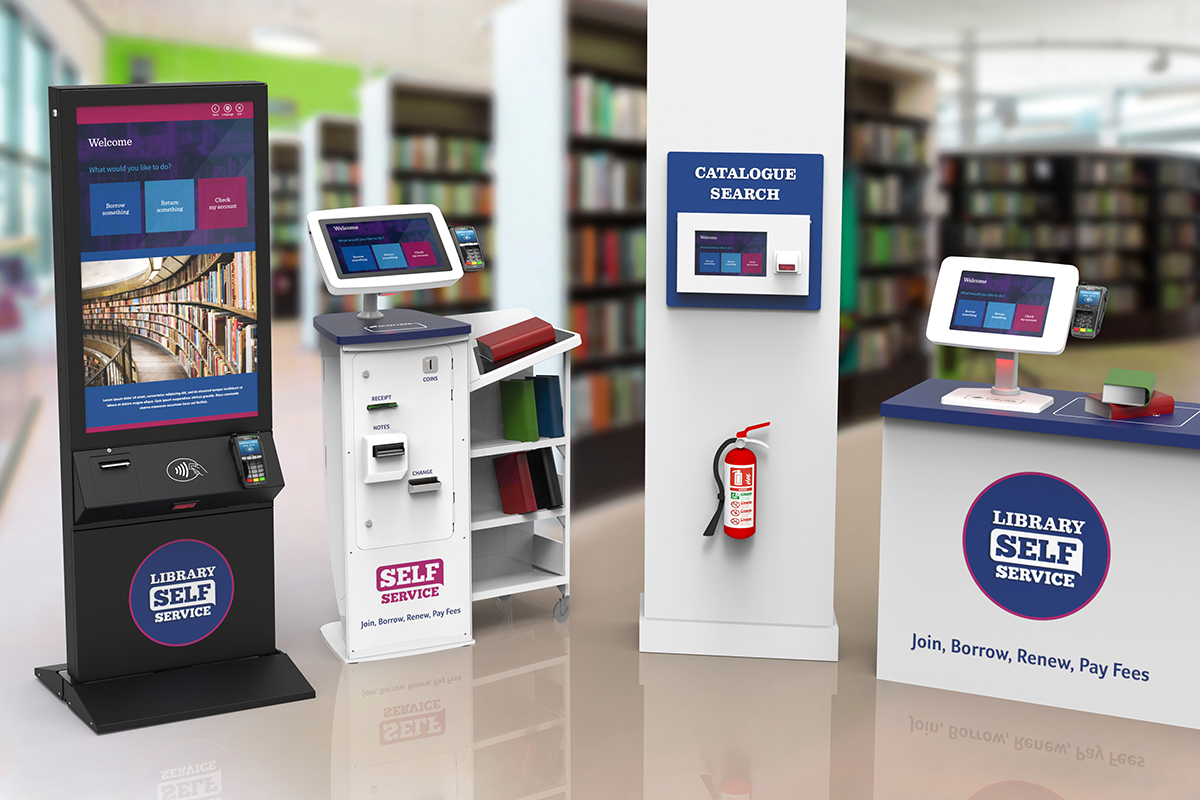
Skilled fabricators and craftsmen bring the design to life. This involves cutting, shaping, welding, and assembling the chosen materials to create the kiosk's structure. Precision is essential to ensure the components fit together seamlessly.
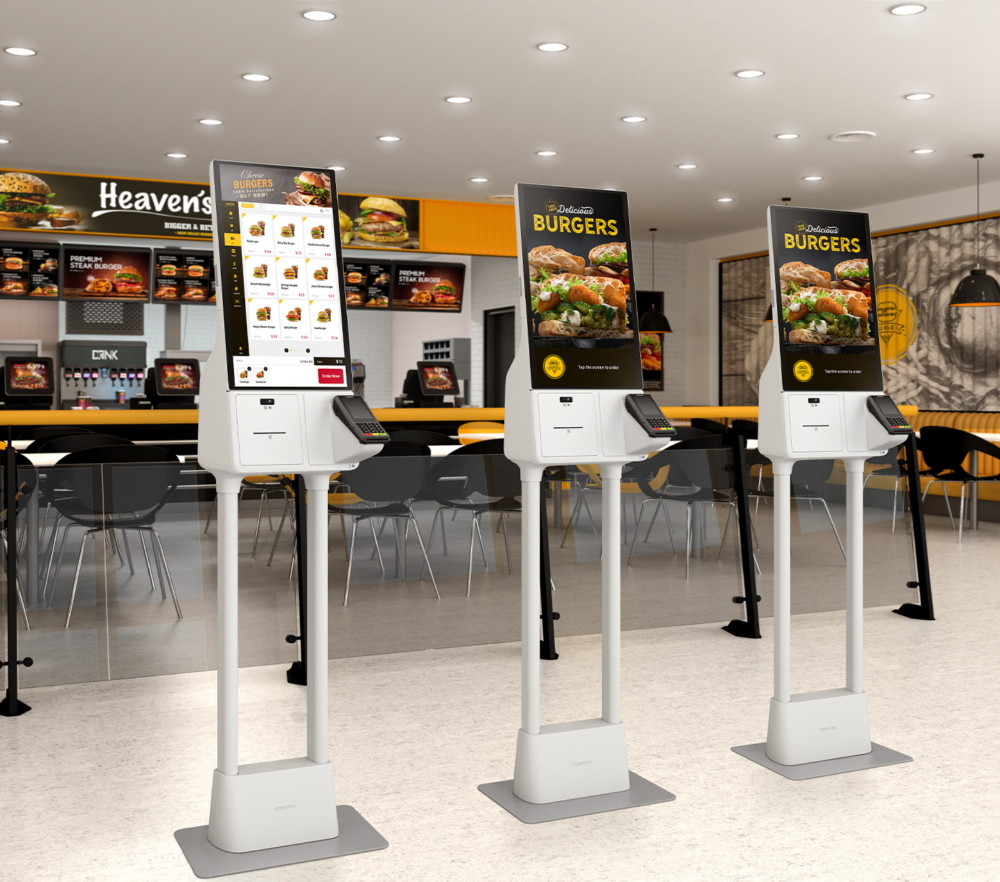
Electrical and Mechanical Systems
Depending on the kiosk's purpose, electrical and mechanical systems may be integrated. This can include wiring for lighting, touchscreens, payment systems, cooling or heating systems, and more
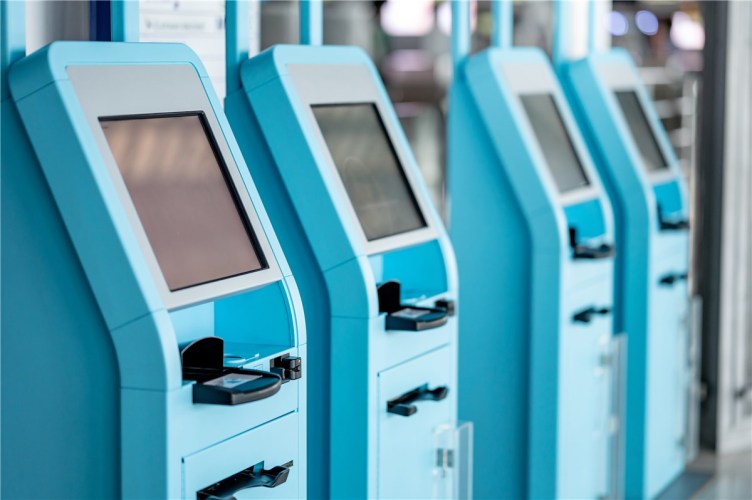
Branding and Finishing
Kiosks are often branded with signage, logos, and graphics that align with the client's branding. Finishing touches, such as paint, powder coating, or laminates, are applied to enhance the kiosk's appearance and protect it from the elements.
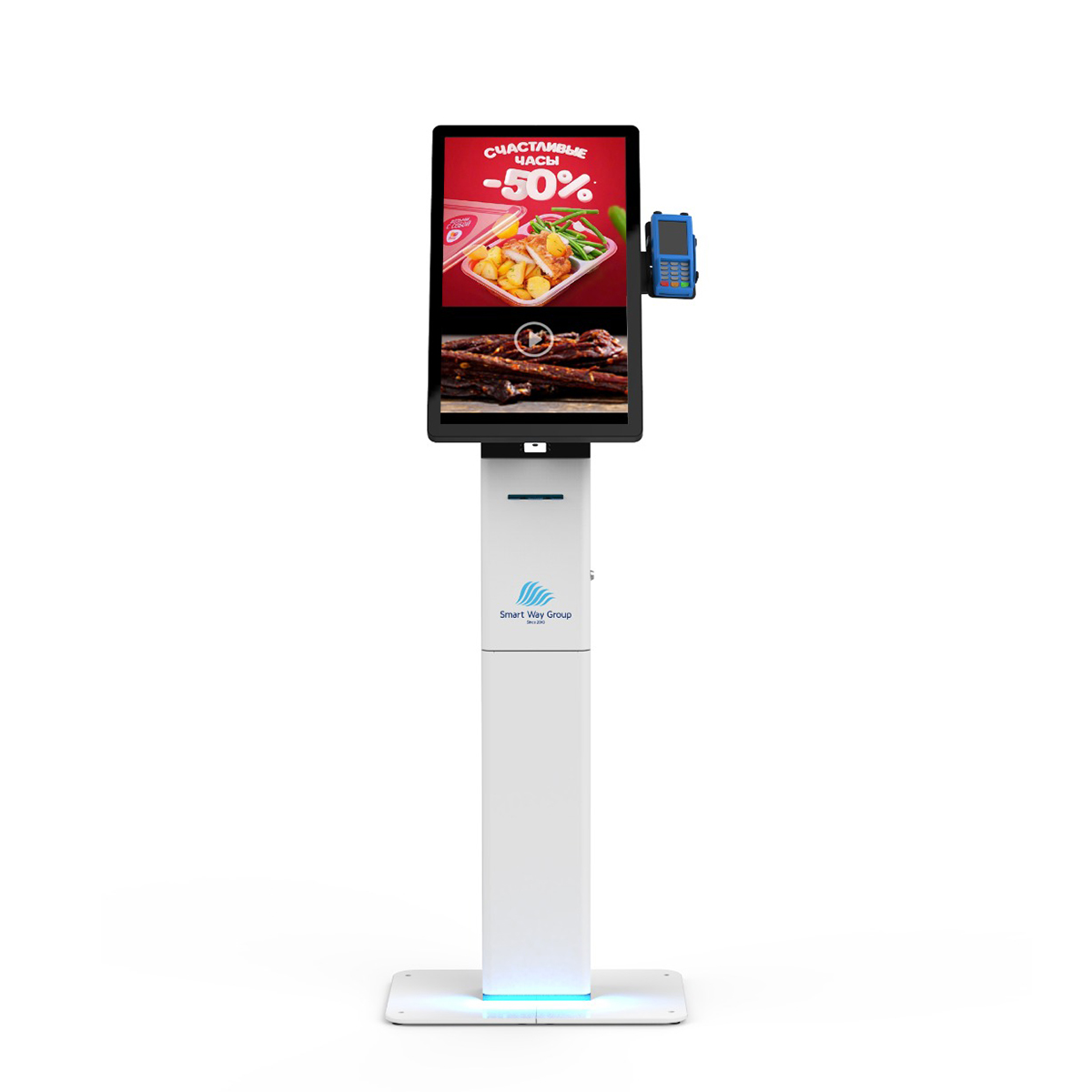
Integration of Technology
If the kiosk involves digital displays, interactive touchscreens, or other technology, this is integrated during fabrication. Software and hardware components are tested to ensure proper functionality.

Quality Control and Testing
Quality control measures are implemented to check for any defects, ensure that all components work correctly, and that the kiosk meets safety standards and regulations.
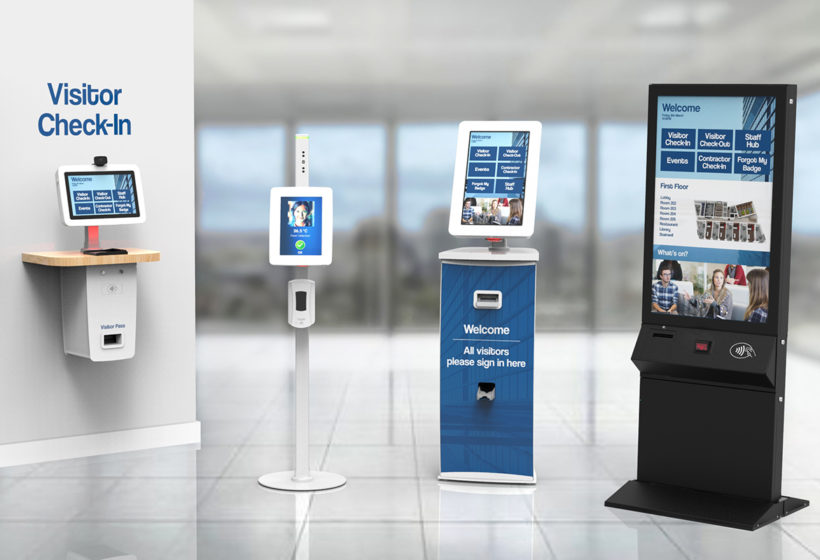
Transportation and Installation
Once fabrication is complete, the custom kiosk is transported to its intended location. Professional installation teams set up the kiosk, ensuring it is level, secure, and properly connected to utilities if needed.
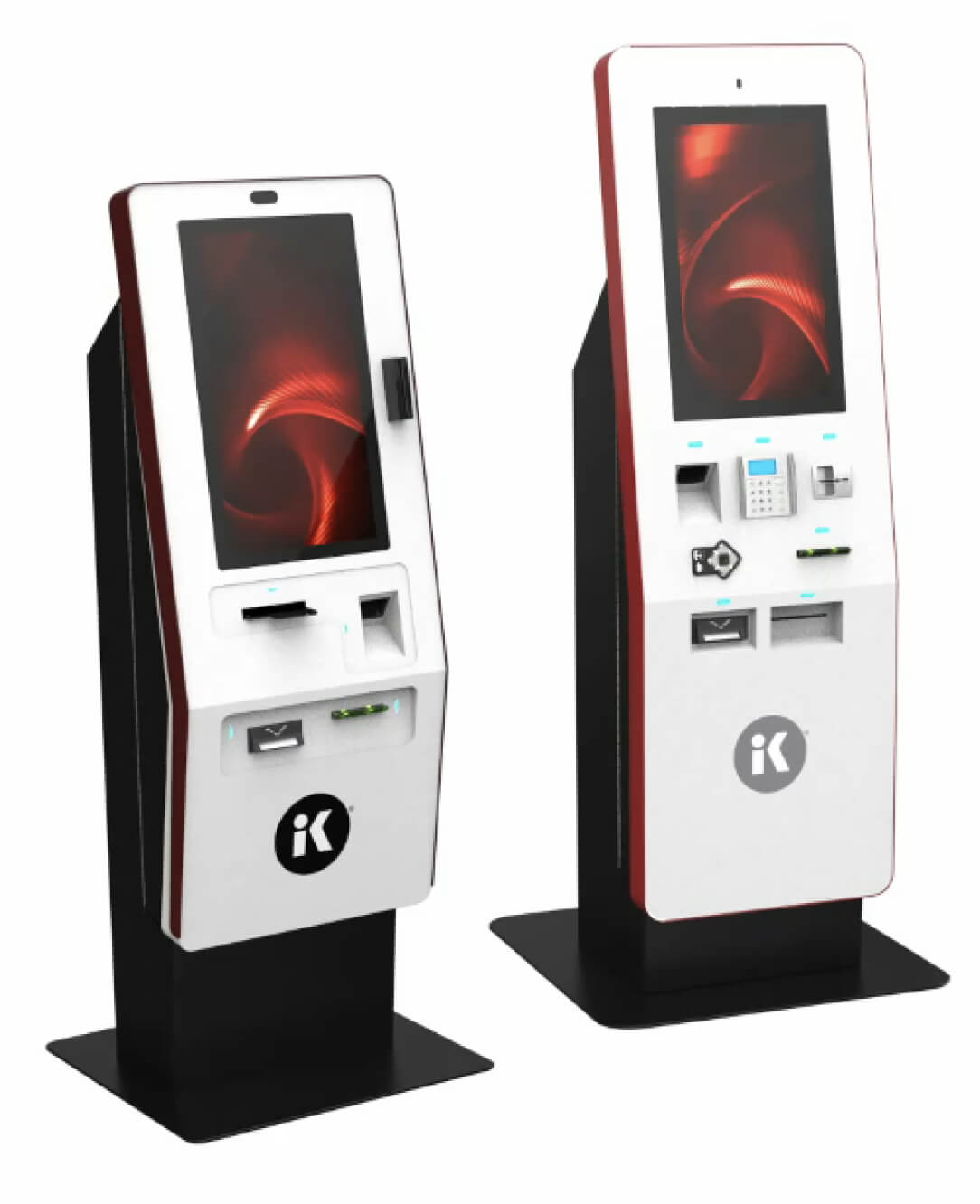
Maintenance and Support
Many fabricators offer ongoing maintenance and support services to address any issues and ensure the kiosk continues to function smoothly.
Successful Stories
15,200 Clients & counting
Don Wilson
SMH Interiors transformed our workspace into a masterpiece. Their top-quality fit-out solutions are competitively priced, and their attention to detail is unmatched. A truly exceptional service provider!
Hunk Take
With SMH Interiors, our projects are executed seamlessly from project planning to MEP services. Their remarkable client retention and growth speak volumes about their expertise in interior design.
Arthur's Hales
SMH Interiors's interior design transformed our space into a functional work of art. Their project planning, space planning, and fit-out contracting are simply outstanding.
Hilton Janes
Impressed by SMH Interiors's approach to approvals and revocations. They navigated the process effortlessly, creating an interior design that exceeded our expectations.
Basil Jarrell
SMH Interiors's interior design turned our vision into reality. Their joinery and furniture services added the perfect finishing touches to our space.
Lilian V
Choosing SMH Interiors was the best decision for our commercial fit-out. Their comprehensive services, including interior design and MEP, made the entire process smooth and efficient.
Ezequiel Hanlon
We entrusted SMH Interiors with our fit-out project, and they delivered beyond our imagination. Their expertise in approvals, fit-out contracting, and interior design is truly commendable.
Explore Articles
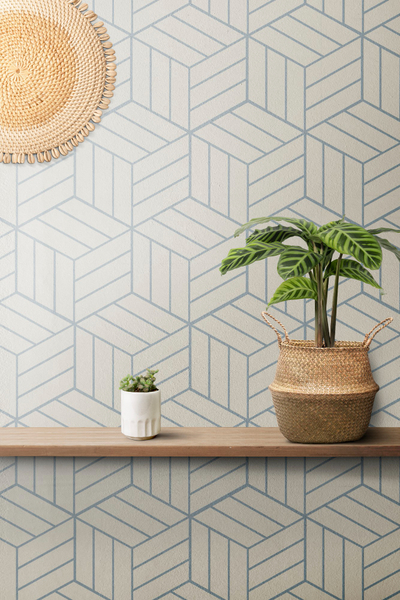
How to Make Your Small Living Room Feel Bigger

How to Use Bold, Trendy Colors with Balance
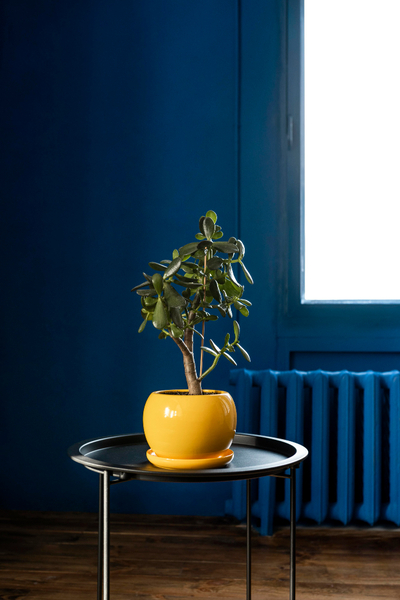
These Designer Tricks Will Make Your Space Look Larger
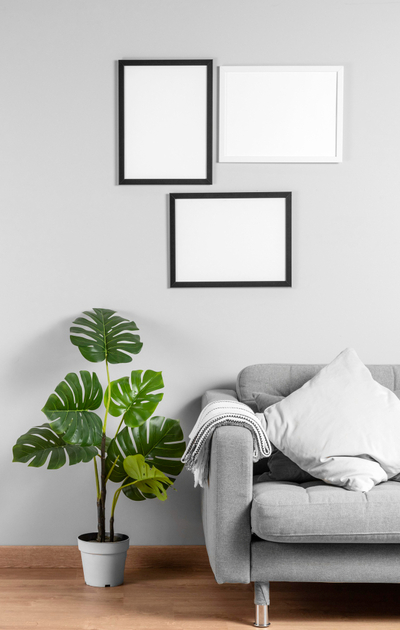
5 Bedroom Lighting Ideas To Blow Your Mind, Not Budget

Lorem ipsum dolor sit amet, consectetur adipisicing elit. Cupiditate, suscipit.

Minimalist Design for the Hoarder at Heart

